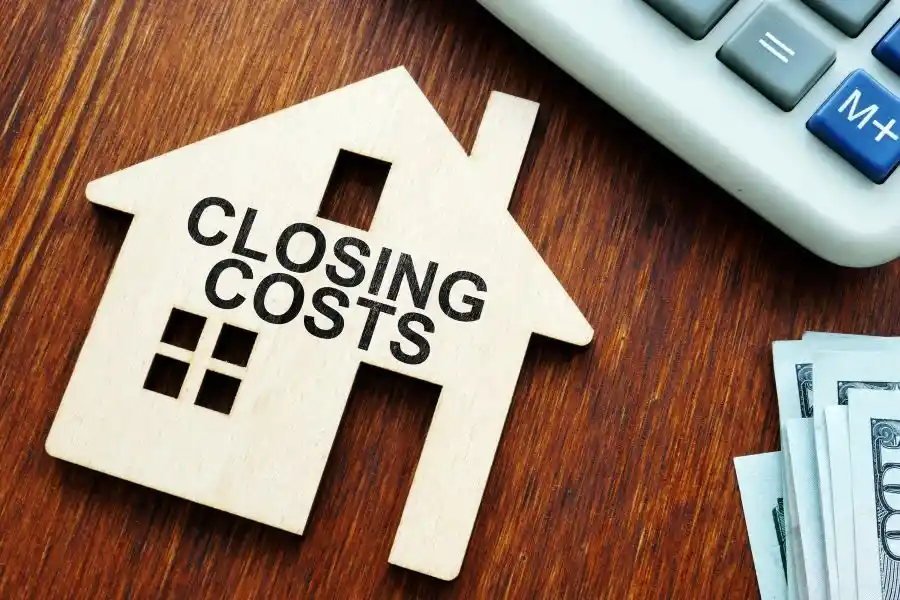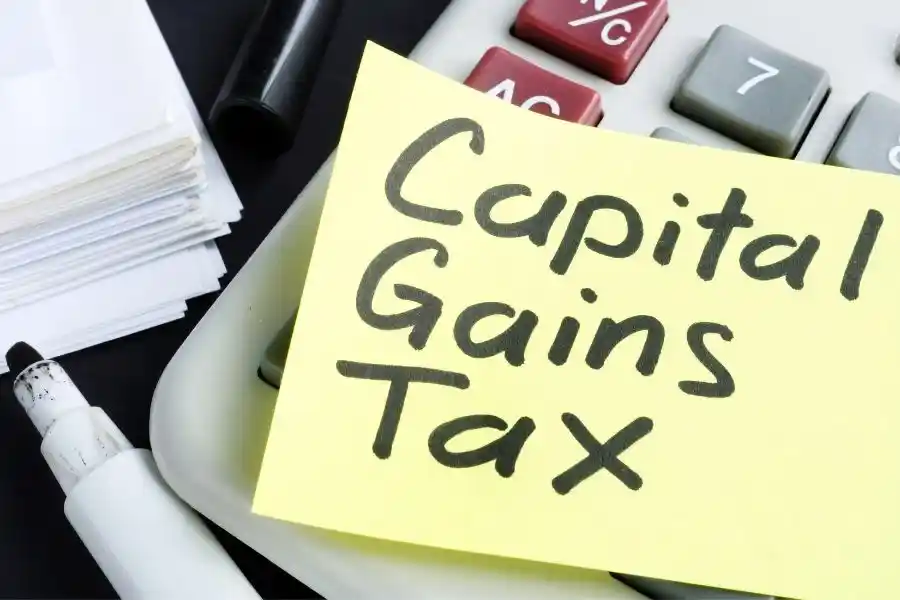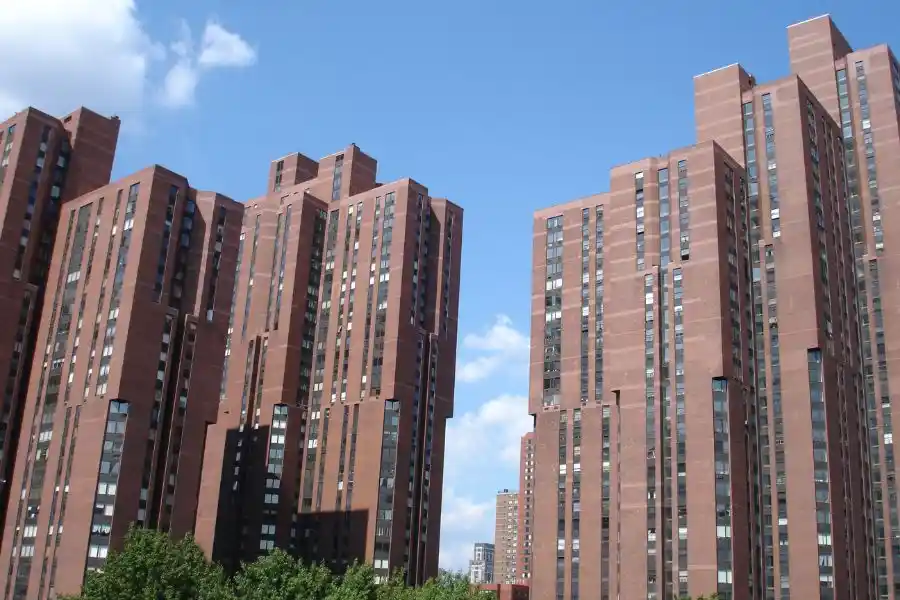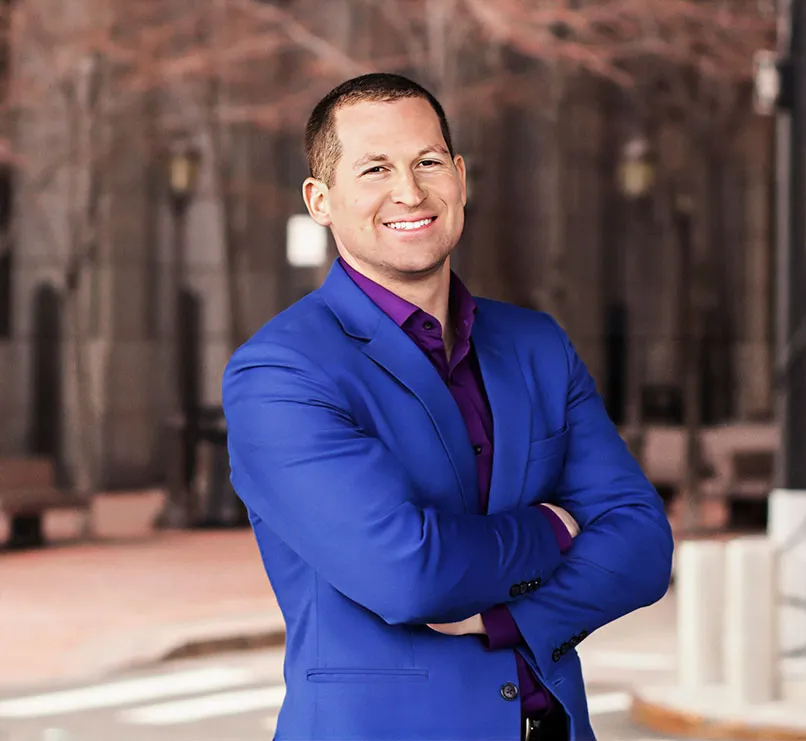One question that’s on the mind of almost anyone putting their house on the market in New York is – How much are closing costs for sellers in NY? The simple answer is around 6% (or between 4% and 8%) of the selling price. But it’s important to understand all the elements making up these costs.
Seller Closing Cost Breakdown
The most significant cost sellers in New York pay is the commission for the New York City brokers. The sellers used to be on the hook for both buyer’s and seller’s agent’s commissions, though this practice is changing as the commissions are now decoupled due to a lawsuit. Under the new REBNY commission rules that most brokers in the city will need to adhere toi, the sellers will only pay a commission to the seller’s/listing agent. They may choose to pay the buyer’s agent’s commission, but it’s no longer the default arrangement. The seller’s/listing agent’s commission is still a major cost – around 2.5% to 3% of the sale’s price.
Next is the transfer tax, typically paid by the seller. The tax is:
- 1.825% for all properties selling between $500,000 and $3,000,000 (representing the bulk of transactions in the city)
- 2.075% for properties selling over $3 million.
- 1.4% for properties selling below $500,000.
It includes both city and state taxes. So, for most sellers, it would be around 1.825% of the sales price.
Then there is the attorney fee. They mostly hover between $2,500 and $5,000. There are a few other costs but they may not be as significant. However, if you are selling a co-op, you may also need to pay a flip tax, which is 1 to 2% of the sales price on average.
Total Seller Closing Costs
Assuming 3% for commission, 1.825% in transfer taxes, 1% flip taxes, and 1% other costs, the total comes to around 6.825% for co-op sellers and 5.825% for most other sellers. However, with the buyer’s agent’s commissions and maximum flip tax, it can easily reach 8% to 10%.













